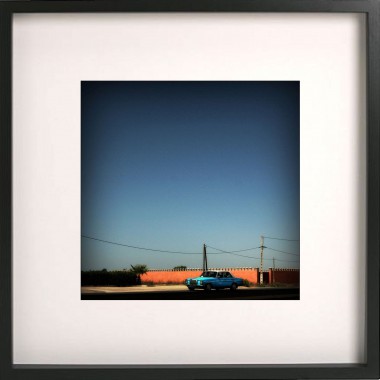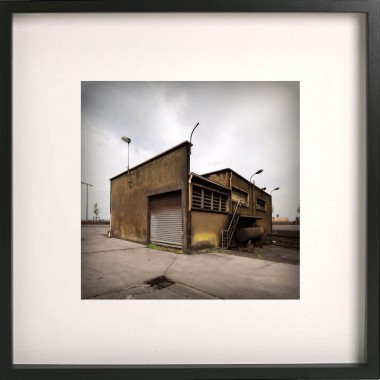About Elodie Fougère ( Kalanch-Oé ) :
Gifted with an innate sense of composition, Elodie Fougère alias Kalanch-Oe is one of those artists able to magnify and reveal the beauty of everything that surrounds us. The originality of her work, her sense of framing and composing make her an artist to follow. One of her photo is the front page of the latest novel by Harlan Coben (famous American author and best seller).
Stemming from a more classical background when it comes to education (art history, l’Ecole du Louvre and psychology), Elodie Fougere never considered photography only like visual art; it’s a starting point to which she adds paint, textures even in furniture and textiles. The pseudonym “Kalanch-Ôé” is a representation of her artistic persona and a simple way of being free as an artist without the constraints of appearing egocentric or self-obsessed. She finds inspiration in her daily life, the places she visits, the individuals she meets, her lectures and most of all in the people she likes...
Chicago Center for Literature and Photography
Photographer Feature, October 31, 2013
Elodie Fougère
What’s good about this “job” is that i don’t have to explain or justify anything, nor listen to the sound of my own voice or tell my life story. I just need to do my work as honest as possible, and let the public decide.
Is there a particular reason that you tend to shoot women most of the time?
It’s not necessarily a choice to focus on photographing women, but I am often my own model, and as I do things in the moment, it’s practical to use myself when the mood hits me or an image presents itself. I’m not afraid to be in front of my camera, nor do I have any insecurities within myself. This way, I don’t have to wait on anybody nor deal with the potential risks or outcome of taking someone else’s photo. This allows me the freedom to do exactly what I want to do.
In your photos, it seems like the lower parts of your subjects’ bodies - legs, feet, bottoms - have just as much character as would a face or even hands, in any other photographer’s treatment. Do you see bodies as characters in and of themselves?
A body is always attached to a head, even if it is not always visible in the image . But, the body has things to express as well, sometimes even more than a face or the look in their eyes. So, effectively, I do concentrate more on this mode of expression, through my framing or post-processing treatment.
I can’t help but wonder if this incredible sense of playfulness in your photos is what you’re like, or what your life is like, in person.
I understood pretty late in life that it was important to let oneself express their inner child, one that not only stimulates the imagination, but also prevents us from becoming bored and neurotic adults.
Photography allows me to stay outside of my comfort zone, to express things that I wouldn’t normally express in my life, free up my feelings and act as a child once again.
My goal is to have fun, trying not to take myself too seriously, trying to escape myself in the time it takes to produce the image, tell a story (or not, sometimes it’s just for fun), but never as a way to flatter my own ego.
In many of your portraits, heads and faces are partially obscured or completely absent; why is this?
I don’t take portraits with the goal of creating something pretty or technically impeccable. I love the idea of doing things when I’m in the mood without having to explain or justify myself. Giving my photos a face might close off possibilities and give the photo a certain direction. I prefer letting the viewers decide, giving them the freedom to create their own interpretation of my work.





































